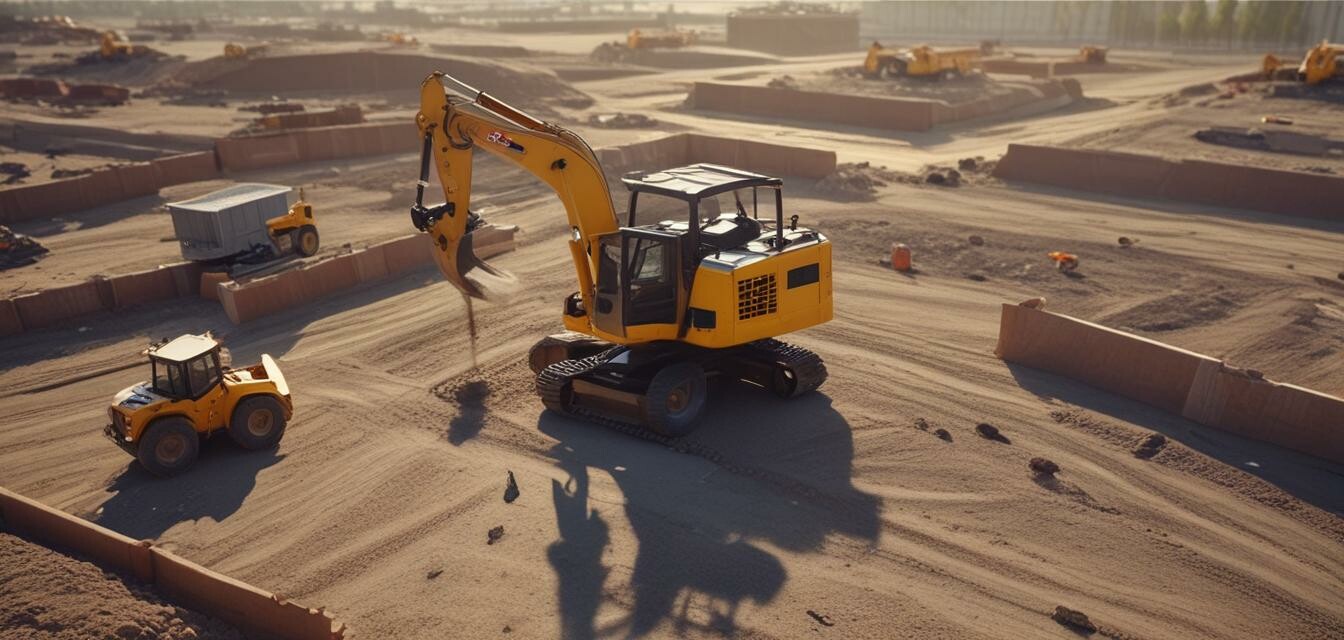
The rise of smart technology in contracting
Key Takeaways
- Smart technology enhances project management in asphalt contracting.
- Integration of IoT devices improves site efficiency.
- Data analytics allows for better decision-making and resource allocation.
- Automated machinery increases productivity and reduces labor costs.
- Safety and compliance are improved through real-time monitoring.
The asphalt contracting industry is witnessing a transformative wave with the integration of smart technology. The adoption of advanced tools and devices not only streamlines project management but also enhances efficiency on-site, setting a new standard for how asphalt projects are handled. This article explores the trend of smart technology and its implications for contractors and project teams.
Understanding smart technology in asphalt contracting
Smart technology, including devices connected through the Internet of Things (IoT), automation, and data analytics, is reshaping the way contractors operate. By leveraging these advanced tools, businesses can greatly improve project execution and monitoring.
What is smart technology?
Smart technology refers to any device or system that is connected to the internet and can communicate with one another. In asphalt contracting, this includes:
- Automated machinery: Machines that can operate with minimal human intervention.
- Drones: Used for site surveys, monitoring progress, and ensuring quality control.
- Data analytics platforms: Tools that provide insights from project data to inform decision-making.
Benefits of smart technology in asphalt contracting
Integrating smart technology into asphalt contracting offers numerous benefits that enhance productivity and efficiency:
- Improved project management: Real-time data and analytics enable better tracking of timelines and budgets.
- Increased site efficiency: Automation reduces manual labor, allowing teams to focus on critical tasks.
- Enhanced safety: Monitoring systems can detect hazards and ensure compliance with safety regulations.
How smart technology is transforming project management
With the integration of smart devices, project management has entered a new era. Some key changes include:
| Feature | Traditional Approach | Smart Technology Approach |
|---|---|---|
| Data Collection | Manual logging of data | Automated data gathering via sensors |
| Monitoring Progress | On-site visits | Real-time dashboards accessible from anywhere |
| Resource Allocation | Basic estimates | Data-driven resource management |
Implementing smart technology on-site
Adopting smart technology in asphalt contracting involves careful planning, investment, and training. Here are steps you can take to implement these technologies:
- Assess your current processes and identify areas for improvement.
- Research available smart technologies that fit your project needs.
- Invest in training for your team on how to use new technologies effectively.
- Monitor the transition and adjust approaches as necessary for optimal efficiency.
Real-world examples of smart technology in action
Many companies are already reaping the rewards of smart technology. For instance, contractors are using drones for site inspections, allowing for quicker assessments and reducing travel time.
Pros
- Higher productivity with automated tasks.
- Real-time feedback ensures projects are on track.
- Enhanced data security with cloud-based systems.
Cons
- High initial investment costs.
- Need for regular training to keep up with technology.
- Dependency on technology in case of outages.
Future trends in asphalt contracting
Looking ahead, the role of smart technology in asphalt contracting is expected to grow. Future trends may include:
- Continued development of autonomous machinery.
- Increased reliance on augmented reality (AR) for planning and visualization.
- More robust integration of AI for predictive maintenance and resource allocation.
Staying informed on emerging technologies
Contractors must remain updated on the latest technologies to stay competitive. Consider visiting our blog sections on news and trends and how-to guides to learn more about emerging technologies.
Tips for embracing smart technology in contracting
- Start small with pilot projects before a full-scale rollout.
- Engage with technology providers for demonstrations and support.
- Encourage a culture of learning and adaptation within your team.
Conclusion
The rise of smart technology in asphalt contracting represents a significant shift toward greater efficiency, safety, and project management capabilities. As contractors embrace these innovations, they position themselves for success in a rapidly changing industry. The future is bright for those who choose to adapt and innovate.

